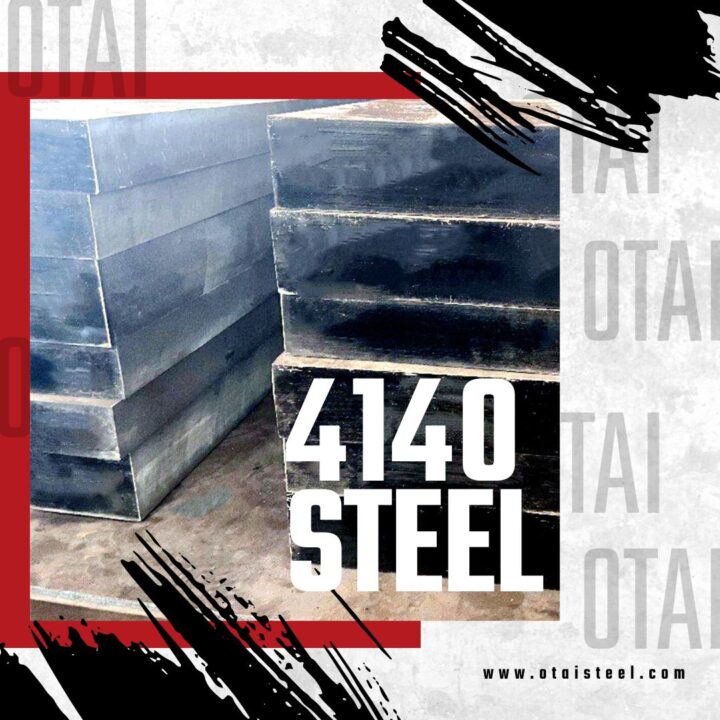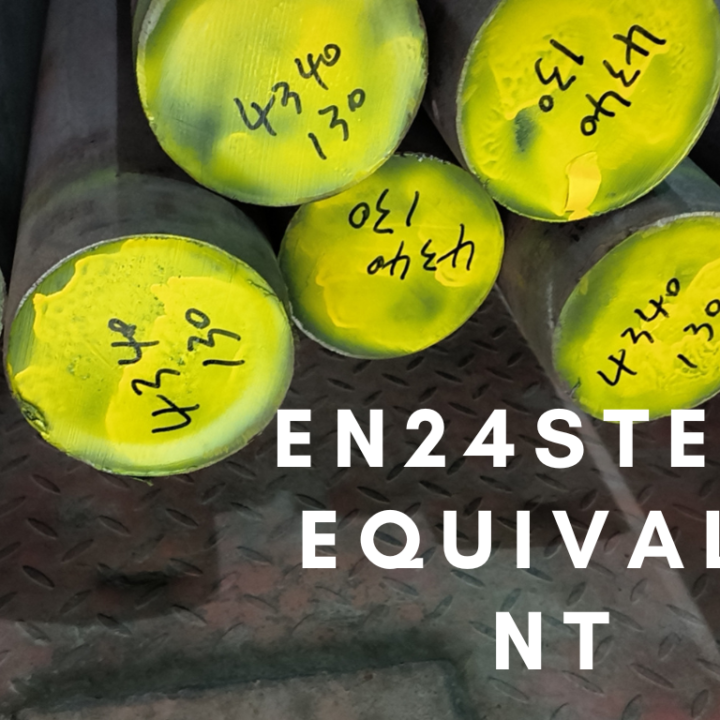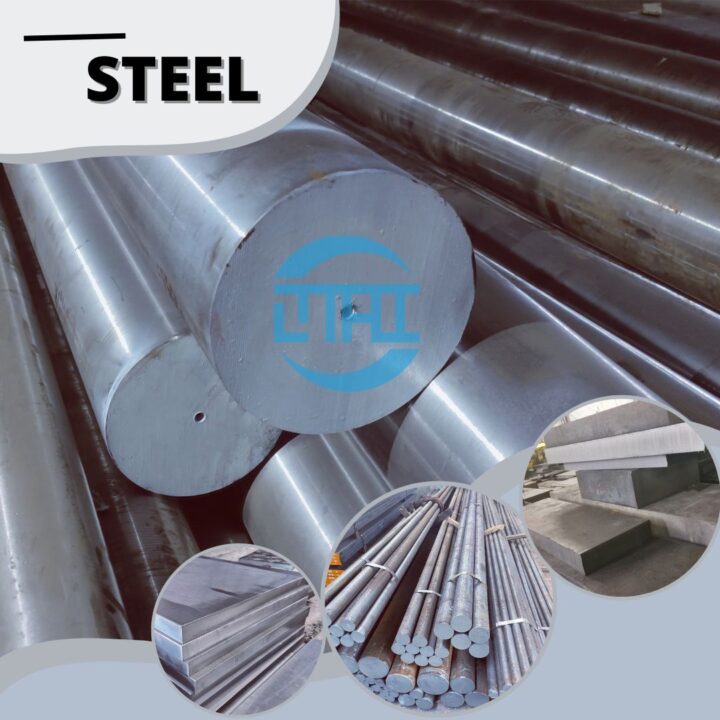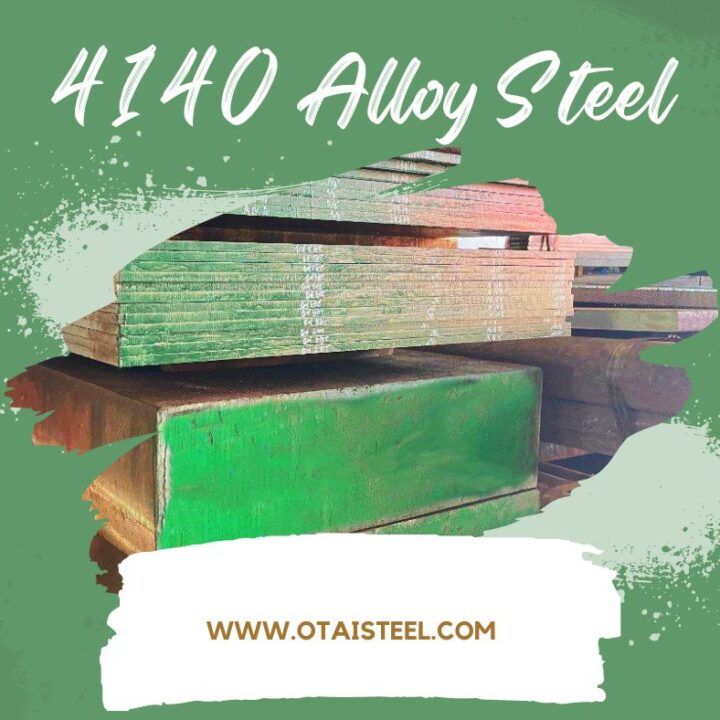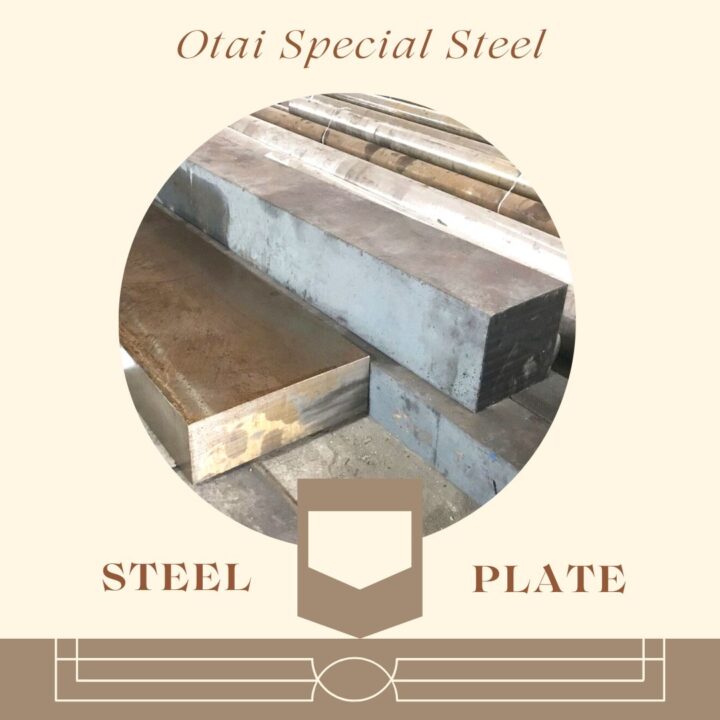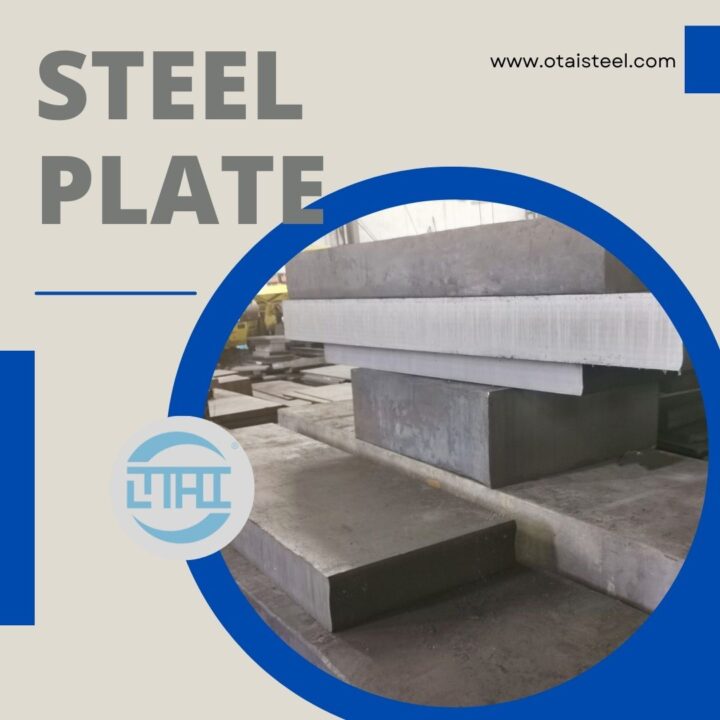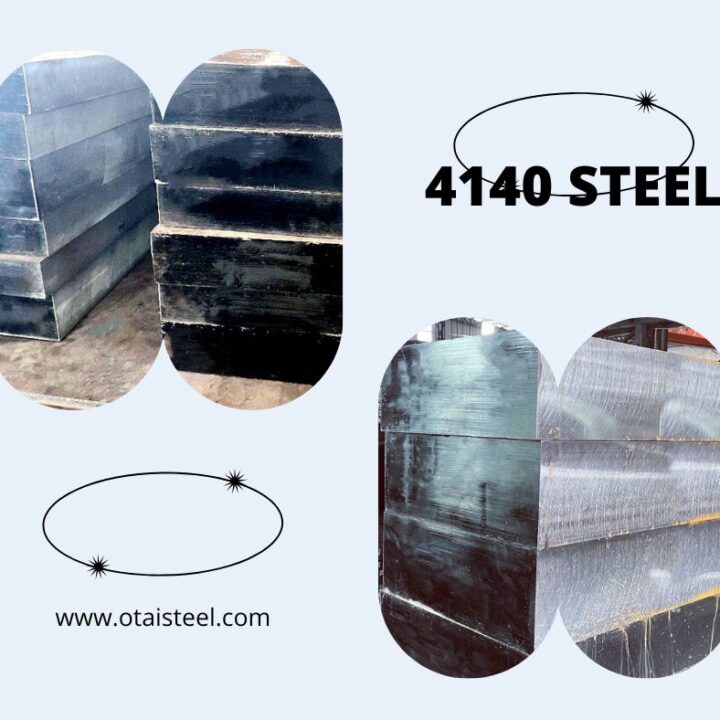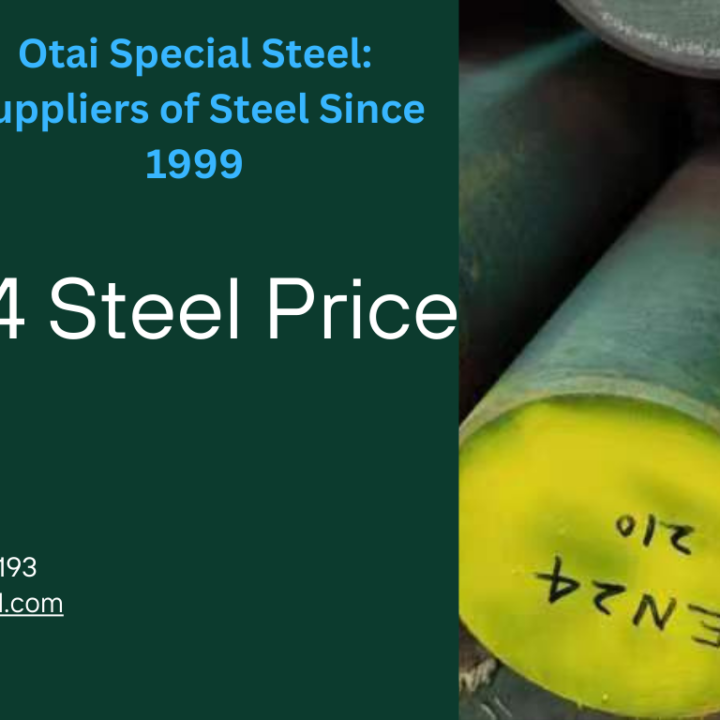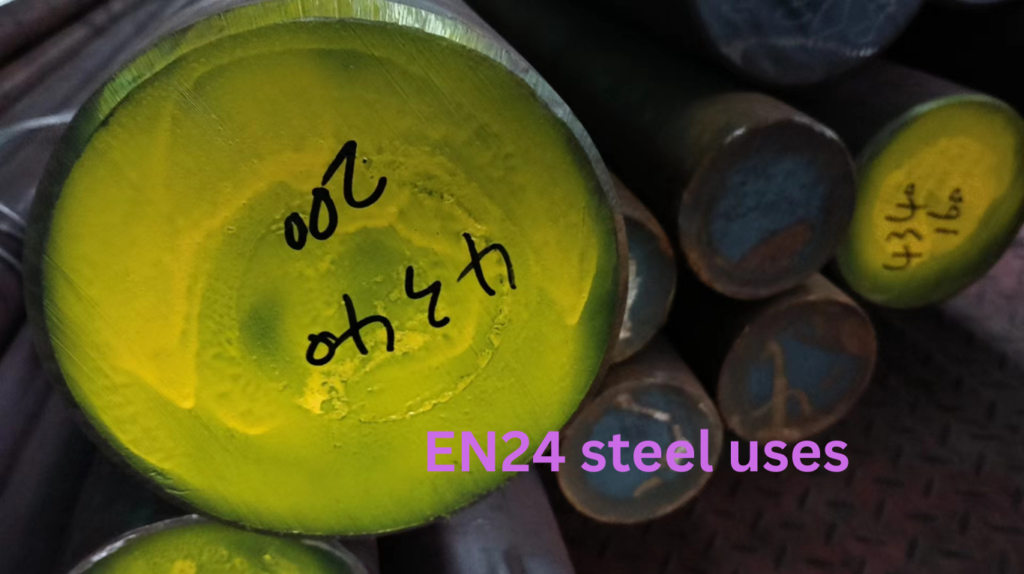 EN24 steel is a remarkably versatile alloy with a broad spectrum of applications across various industries. In this comprehensive guide, we’ll explore the diverse and essential uses of EN24 steel, shedding light on its significant role in different sectors.
EN24 steel is a remarkably versatile alloy with a broad spectrum of applications across various industries. In this comprehensive guide, we’ll explore the diverse and essential uses of EN24 steel, shedding light on its significant role in different sectors.
Introduction
EN24 steel, renowned for its high tensile strength, shock resistance, and ductility, has established its reputation as a reliable and adaptable material. Its mechanical properties make it suitable for a wide range of applications, as we’ll see.
Power Transmission Gears:
EN24 steel plays a pivotal role in power transmission gears, ensuring optimal performance. These gears require maximum hardness and durability to withstand the rigors of power transmission, and EN24 steel delivers these essential attributes.
Crankshafts and Axles:
In the automotive and industrial sectors, EN24 steel is the material of choice for crankshafts, axles, propeller shafts, and gearbox components. These parts require high tensile properties and exceptional toughness, which EN24 steel provides.
Connecting Rods and Special Cranks:
Connecting rods and specialized cranks must balance stiffness and toughness. EN24 steel’s unique combination of characteristics allows it to excel in these applications, providing the strength and durability needed for optimal performance.
Bolts and Fasteners:
For critical components like bolts, screws, stub axles, and swivel arms, EN24 steel is a preferred choice. These parts require exceptional toughness to withstand heavy loads, and EN24 steel meets these demands effectively.
Plastics and Rubber Molding Industry:
The plastics and rubber molding industry relies on EN24 steel for precision and durability. It’s a preferred material for creating molds, hob retaining rings, and stop pins, contributing to the production of high-quality molded products.
Structural Components:
EN24 steel’s high tensile strength makes it ideal for structural components. In applications where structural integrity is paramount, this steel ensures that the components meet stringent safety and performance standards.
Conclusion
EN24 steel’s diverse applications are a testament to its remarkable properties. From power transmission gears to structural components, it continues to be an indispensable material in various industries, offering strength, toughness, and durability.
FAQs
Q1: Are there different variants of EN24 steel for various applications?
A1: Yes, EN24 steel is available in various conditions, each tailored to specific applications, including EN24T, EN24U, EN24V, EN24W, EN24X, EN24Y, and EN24Z.
Q2: Can EN24 steel be welded?
A2: EN24 can be welded in its annealed condition. However, welding in its hardened state is not recommended, as it can affect its high tensile properties.
Q3: What are the heat treatment options for EN24 steel?
A3: EN24 steel can undergo various heat treatment processes, including hardening and tempering, plasma nitriding, nitriding, case hardening, carburizing, nitrocarburizing, induction hardening, flame hardening, and stress relieving.
Q4: How did EN24 steel’s nomenclature evolve over the years?
A4: EN24 steel was initially known as ‘E.S.C. 1 ½ PER CENT NICKEL-CHROME STEEL’ and went through several name changes before becoming known as 817M40 and EN24.
Q5: What are the mechanical properties of EN24 steel in different conditions?
A5: EN24 steel exhibits various tensile strengths in different conditions, ranging from 850 N/mm² to 1550 N/mm², with corresponding hardness values dependent on treatment and section size.
This in-depth exploration reveals the diverse uses of EN24 steel and its continued significance in various industries. Its adaptability, combined with its impressive mechanical properties, ensures it remains a reliable choice for a wide array of applications. If you also need reliable steel suppliers, OTAI Special Steel is definitely a trustworthy partner.
